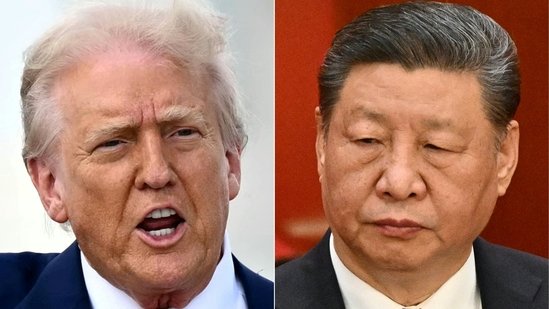The trade conflict between the United States and China intensified on Wednesday as Beijing announced a significant escalation of retaliatory tariffs on US goods. China’s finance ministry revealed it will impose an additional 84% tariff on all American goods, a substantial increase from the previous 34% tariff. According to Reuters, these new tariffs will take effect on April 10th.
This action follows the recent imposition of 104% tariffs on Chinese goods by the US, a move confirmed by the White House press secretary on Tuesday, with the additional tariffs being collected from April 9th.
In addition to the tariff increase, China’s commerce ministry announced further measures, adding 12 US entities to its export control list and including 6 American entities in its “unreliable entity” list. These actions are likely to further strain trade relations between the two economic giants.
The immediate aftermath of China’s announcement saw a sharp decline in US stock index futures, reflecting investor anxiety about the potential economic repercussions of the escalating trade war.
The US response to China’s retaliatory tariffs was described as “unfortunate.” Treasury Secretary Scott Bessent urged Beijing to engage in negotiations, stating, “Come to the table.” However, the rapid sequence of tariff hikes and the inclusion of entities on export control and unreliable lists suggest a hardening of positions on both sides, making a swift resolution to the trade dispute increasingly challenging. The global economic implications of this escalating trade war are a growing concern.

